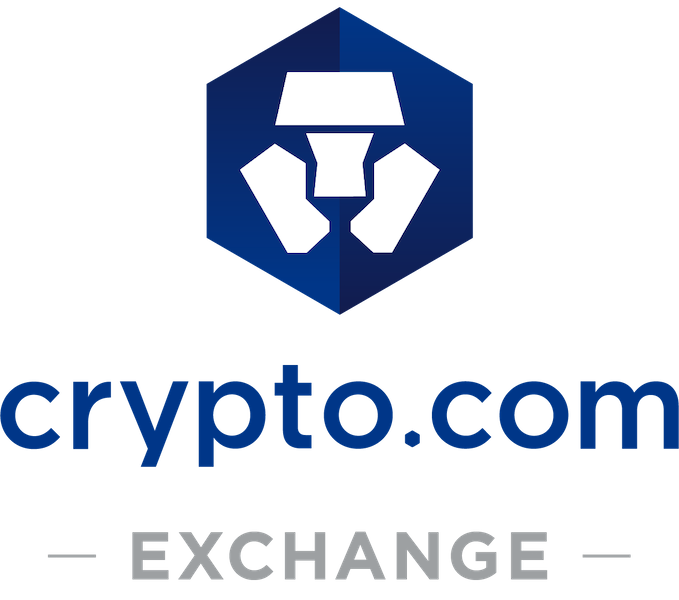
Businesses are able to rethink their approaches to digital and physical asset management thanks to the blockchain as well as other distributed ledger technology.
Cryptocurrency trading and speculation may be the most visible early applications of blockchain technology, but the distributed ledger’s ability to improve transparency and fairness while cutting costs for businesses is having a far-reaching impact. Cross-border trade, supplier management, NFT markets, healthcare, election mechanisms, etc. are just some of the growing commercial applications we see today.
Better Insight Into The Metaverse
The Metaverse is a decentralized digital environment where everything is possible, including through the use of virtual reality, entertainment, and digital assets backed by blockchain technology. It merges the real and virtual worlds into a single, fantastical experience. As more and more is revealed about the Metaverse, it might be difficult to know who or what to trust. Metaverse is hard to define because it is perceived differently by different people and different sectors, but that doesn’t even exist.
Green Blockchain Steps
Because of the enormous energy requirements and carbon emissions caused by blockchains, Tesla CEO Elon Musk has chosen to temporarily discontinue accepting Bitcoin payments for his automobiles beginning in 2021. Thus making it a prime aspect to prompt the culture of greenifying in 2022.
Another choice is to adopt a blockchain model that uses less energy, such as one that relies on “proof-of-stake” rather than “proof-of-work,” or to switch to a blockchain that uses a different consensus mechanism. After Bitcoin, Ethereum is the most well-known blockchain to announce an impending shift to a POS mechanism in 2022 due to growing energy concerns.
Uncanny Growth Of Enterprise Blockchain
For the time being, most business blockchains are multi-party permissioned blockchains where data changes require consensus among all participants. The banking and finance industries, however, have unique blockchain security and privacy requirements. As a result, the number of businesses adopting blockchain technology has been rising consistently during 2021, and this trend is expected to accelerate next year as more companies investigate the possibilities offered by enterprise solutions.
When all sectors of an economy have access to the same database, new sorts of markets and business models can be developed that were previously impossible.
The 5G I-o-T Incorporation
The recent acceptance of the 5G network is expected to accelerate the IoT industry’s rapid growth, which is expected to peak in 2022. The predicted growth of the 5G IoT industry, however, is being hampered by the current state of the Internet of Things (IoT). However, visit here to further get the know-how of how modified trading operations have become.
Issues with 5G IoT often arise from excessive centralization. There are scalability concerns, for example, because most IoT devices rely on a centralized cloud-based infrastructure for control and management. The system would be extremely insecure if the client-server model were centralized and administered by a single body.
Elevated Central Bank Digital Currencies
By 2021, there will be more than twice as many nations studying CBDCs. Countries with significant economies, such as China, Australia, France, Japan, Malaysia, etc., all are involved in pilot programs at the moment. Reasons for this meteoric rise in CBDC usage include the increasing digitalization of society, the disease outbreak, a fall in consumer expenditure, and the need to deal with the monopoly of the present banking system.
Ending Statement
Cross-border commerce, healthcare, identity verification, the vaccine supply chain, etc. are just a few examples of the many industries that stand to benefit from blockchain technology as interest in and investment in the field expand. While this is happening, more governments will implement stronger crypto regulatory guidelines that take audit and control management into account. Thus, if 2021 was the year in which blockchain & crypto-assets became a prominent topic of conversation and inquiry, then 2022 appears to be on pace to be the year that legislation and regulations meet up with market realities.









